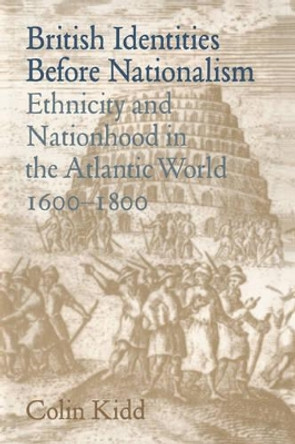The Construction of Nationhood, first published in 1997, is a thorough re-analysis of both nationalism and nations. In particular it challenges the current 'modernist' orthodoxies of such writers as Eric Hobsbawm, Benedict Anderson and Ernest Gellner, and it offers a systematic critique of Hobsbawm's best-selling Nations and Nationalism since 1780. In opposition to a historiography which limits nations and nationalism to the eighteenth century and after, as an aspect of 'modernisation', Professor Hastings argues for a medieval origin to both, dependent upon biblical religion and the development of vernacular literatures. While theorists of nationhood have paid mostly scant attention to England, the development of the nation-state is seen here as central to the subject, but the analysis is carried forward to embrace many other examples, including Ireland, the South Slavs and modern Africa, before concluding with an overview of the impact of religion, contrasting Islam with Christianity, while evaluating the ability of each to support supra-national political communities.
An original and challenging 1997 book on the meaning of nationalism, ethnicity and nationhood.Reviews'... an important book that is a significant corrective to the dominant reading of nationalism'. History
' I heartily recommend this stimulating and provocative book to all those interested in the history of the nation' The Historical Journal
' ... some thought-provoking material ... this study ... offers food for thought in its insistence on nationalism's much earlier origins'. Labour History Review
Book InformationISBN 9780521625449
Author Adrian HastingsFormat Paperback
Page Count 248
Imprint Cambridge University PressPublisher Cambridge University Press
Weight(grams) 436g
Dimensions(mm) 229mm * 152mm * 14mm










